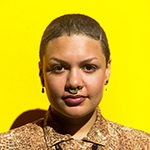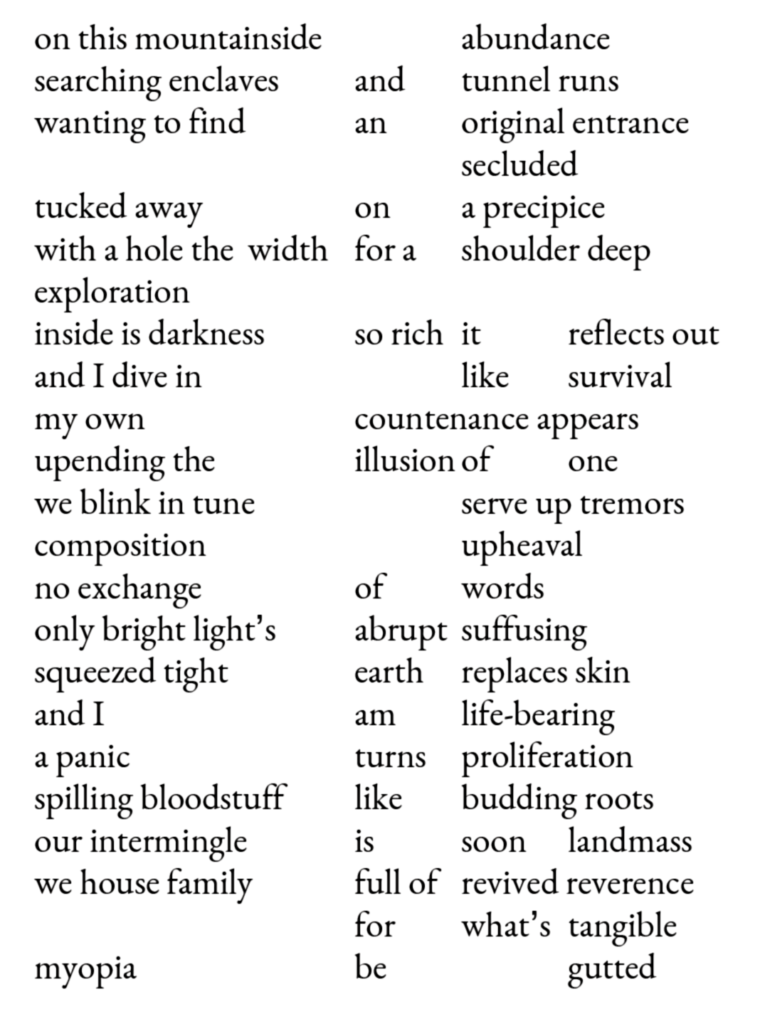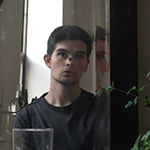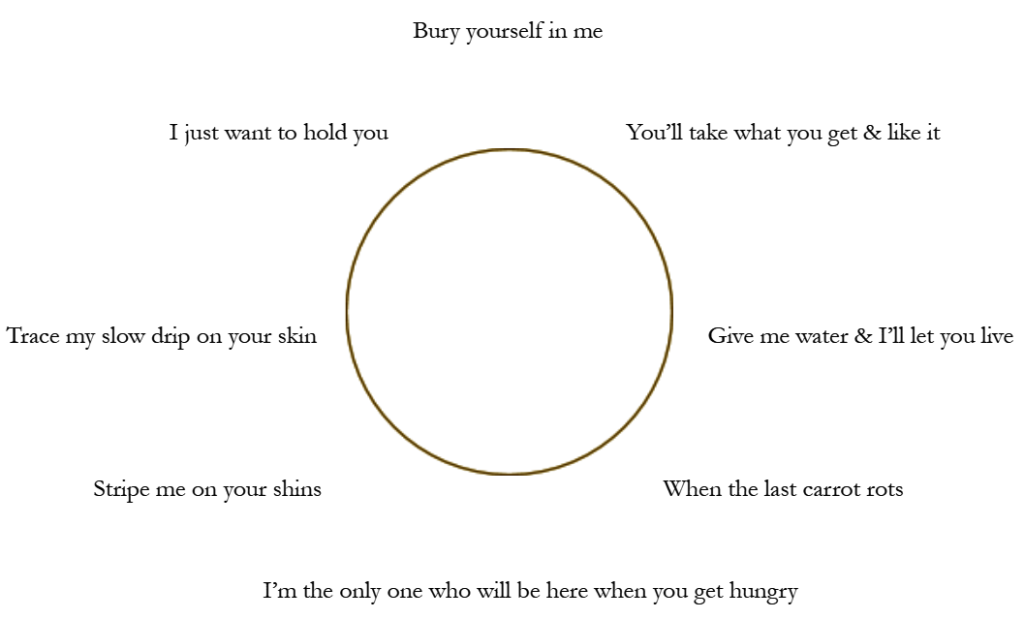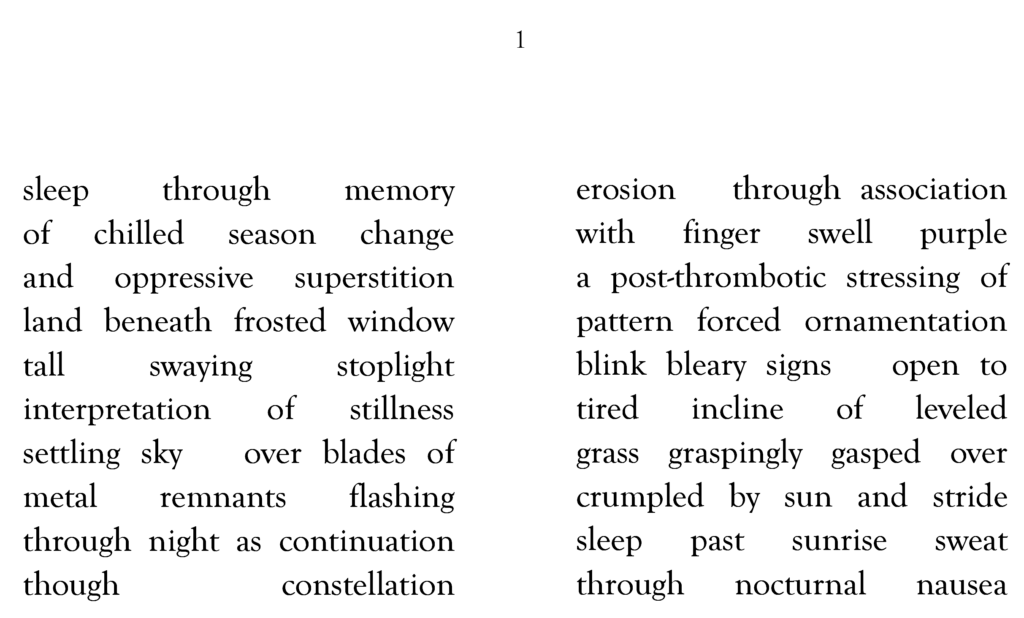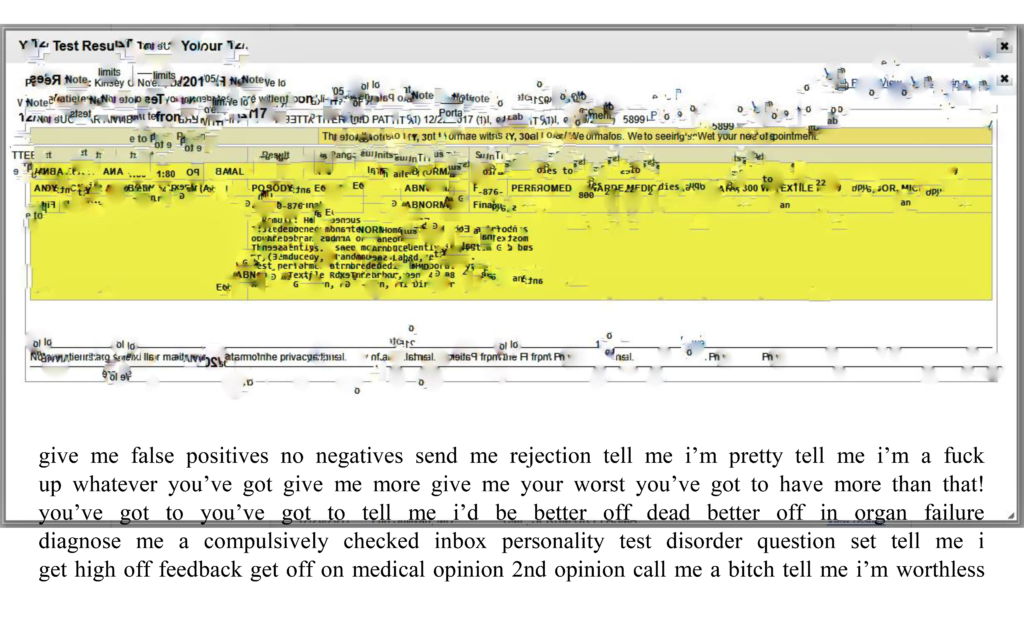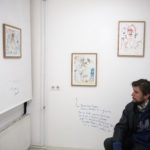AFTER THE THIRD BOTTLE OF PEROXIDE
you start to collect what people say to you.
your mother:
is it permanent?
as
you lie on an ottoman,
hair arranged like a chinese fan
you
wonder if she understands that hair, like the forest floor
regenerates itself.
being a bleached blonde is temporarily
permanent, like a clipping tucked in soil:
every day it inches towards regrowth, invisible at first.
your mother, two months later, as you board the flight to see her:
are you back to black?
your brother echoes the same question.
you
picture them chopsticks in hand, picking up strands
of steamed kangkong and deliberating if you are sufficiently chinese
to be seen with the family
your spanish (one-time) boyfriend:
you will always look more natural with black hair.
him, while lying in bed after eating curry:
you’re asian, remember that.
as if to squash you
back into a mooncake mold.
your vietnamese-american hairstylist:
do you notice increased attention from men?
as if the most essential part of a salted egg yolk
is not its flavor but its yellow.
as if black hair means rice paddy.
as if whiteness is a country manor with acres
of hedge mazes and i am kissing the iron gates,
pleading with outstretched arms.
as if my most natural habitat is a landscape
wiped off a ming vase.
as if i need the colonial tongue to wag at me:
don’t try to be white.
waitresses at chinese restaurants:
you speak chinese? i thought you were korean
waitresses at korean fried chicken places:
you’re not american?
bartenders:
where are you from in california?
ethnicity is elastic
until it snaps.
after the third bottle of peroxide you are the beginning of a joke.
man on the street:
a blonde asian wearing an ac/dc shirt walked into a bar
you start to wonder what futures can be derived
from peering at the sediment inside a bleach bottles –
or if you are less chinese with all your pigment stripped.
Love Song For My Eyelids
my father’s cleaver falls like a bomb
and bone makes itself subservient, comes away
jagged like a beer bottle smashed on a railing.
i have spent years saving up for someone to slice
my eyelids, stitch skin to skin,
create a crease.
standard pork belly is fifteen percent fat.
fatty varieties average thirty. my eyelids:
whatever percent, they cannot lift themselves.
my eyelids are a tubby boy sleepily waiting
for his mother. my eyelids try to slap themselves
awake but droop their heavy heads.
until the gunshot of my father’s cleaver renders
every blink a beg. he hangs a cutlet,
red flesh, skin drooping in his window.
sagging eyelids are the penance paid
by a butcher’s daughter, for every
pert and round thing dismembered in their place.

Janelle Tan was born in Singapore and lives in New York City. Her work appears in Arc Poetry Magazine, Bone Bouquet, and Stoneboat. She is the recipient of a 2018 Academy of American Poets Prize, and is currently an MFA candidate at New York University. janelle-tan.com.

 BACK TO ISSUE
BACK TO ISSUE


